Bratot
Стоик и Машкртник!
- Член од
- 27 јануари 2007
- Мислења
- 17.089
- Поени од реакции
- 4.499
Да, тоа е силен аргумент Волксваген.
Сепак, Британија никогаш не била практички воено “освоена“, туку била постепено населувана со веќе романизирани племиња.
Меѓутоа, друг аргумент кој ја поддржува хипотезата на темава е:
In 2007, Bryan Sykes produced an analysis of 6000 samples from the OGAP project in his book Blood of the Isles.[3] Later, Stephen Oppenheimer in his 2006 book The Origins of the British used the data from Weale et al. (2002), Capelli et al. (2003) and Rosser et al. (2000) for Europe. In opposition to Neolithic origin theories, which remain strong, Sykes and Oppenheimer argued for significant immigration from Iberia into Britain and Ireland. Much of this argument was based upon Y DNA evidence, however by 2010 several major Y DNA studies presented more complete data, showing that the oldest-surviving male lineages had mostly migrated to Britain from the Balkans, and ultimately from the Middle East, not from Iberia.[4][5][6]
http://en.wikipedia.org/wiki/Genetic_history_of_the_British_Isles#cite_note-balaresque-3
--- надополнето ---
A Linguistic Analysis of Modern Celtic and Slavic Languages
Faculty Mentor: Walter Whipple, Germanic and Slavic Languages
Gashler, Daniel Josef
The Celts and Slavs were widespread and important cultural phenomena in Iron-Age Europe.
Their influence is still felt in contemporary Europe and the Americas. Many states and peoples
speak modern languages derived from proto-Celtic and proto-Slavonic. The purpose of my
research is to show that these ancient cultures were once in contact on the Balkan Peninsula. The
ultimate goal is to discover the time period, duration, and social nature of this contact through
examining linguistic evidence of contact present in modern South Slavic (those Slavic languages
spoken on the Balkan Peninsula) and Celtic languages.
http://my.opera.com/ancientmacedonia/blog/celtic-and-slavic-contact-on-the-balkan-peninsula
Сепак, Британија никогаш не била практички воено “освоена“, туку била постепено населувана со веќе романизирани племиња.
Меѓутоа, друг аргумент кој ја поддржува хипотезата на темава е:
In 2007, Bryan Sykes produced an analysis of 6000 samples from the OGAP project in his book Blood of the Isles.[3] Later, Stephen Oppenheimer in his 2006 book The Origins of the British used the data from Weale et al. (2002), Capelli et al. (2003) and Rosser et al. (2000) for Europe. In opposition to Neolithic origin theories, which remain strong, Sykes and Oppenheimer argued for significant immigration from Iberia into Britain and Ireland. Much of this argument was based upon Y DNA evidence, however by 2010 several major Y DNA studies presented more complete data, showing that the oldest-surviving male lineages had mostly migrated to Britain from the Balkans, and ultimately from the Middle East, not from Iberia.[4][5][6]
http://en.wikipedia.org/wiki/Genetic_history_of_the_British_Isles#cite_note-balaresque-3
--- надополнето ---
A Linguistic Analysis of Modern Celtic and Slavic Languages
Faculty Mentor: Walter Whipple, Germanic and Slavic Languages
Gashler, Daniel Josef
The Celts and Slavs were widespread and important cultural phenomena in Iron-Age Europe.
Their influence is still felt in contemporary Europe and the Americas. Many states and peoples
speak modern languages derived from proto-Celtic and proto-Slavonic. The purpose of my
research is to show that these ancient cultures were once in contact on the Balkan Peninsula. The
ultimate goal is to discover the time period, duration, and social nature of this contact through
examining linguistic evidence of contact present in modern South Slavic (those Slavic languages
spoken on the Balkan Peninsula) and Celtic languages.
http://my.opera.com/ancientmacedonia/blog/celtic-and-slavic-contact-on-the-balkan-peninsula

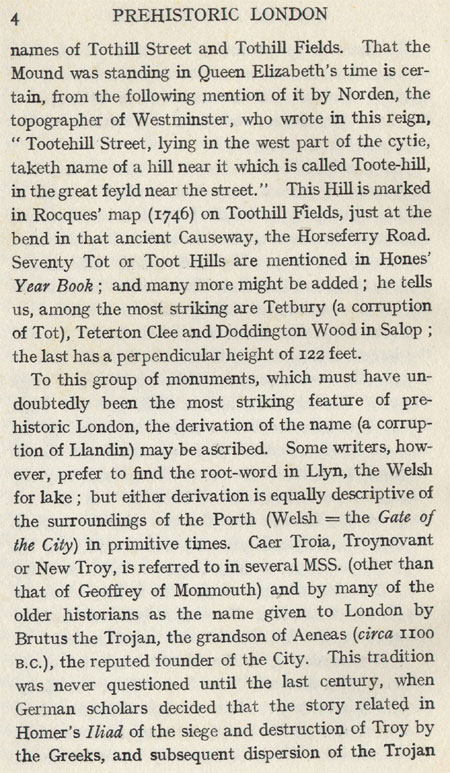
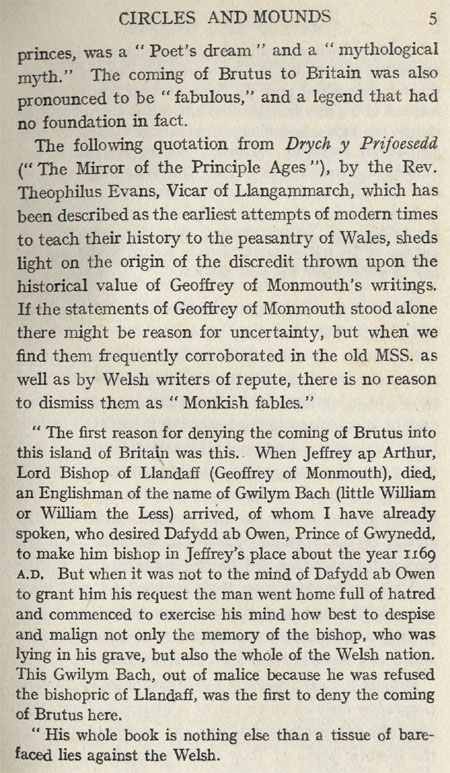

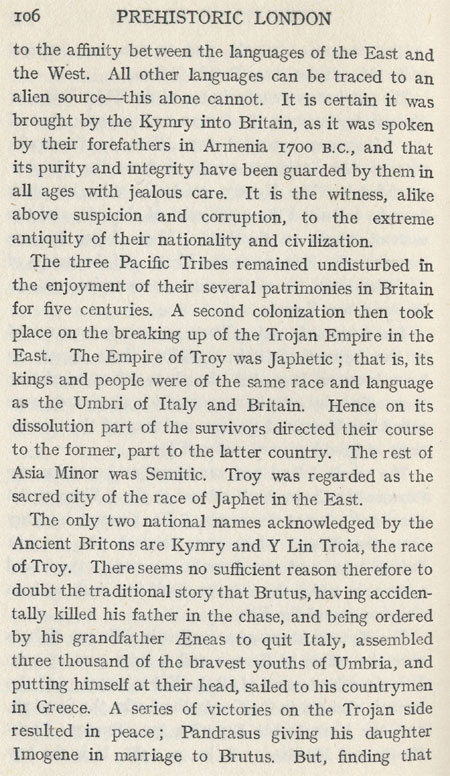
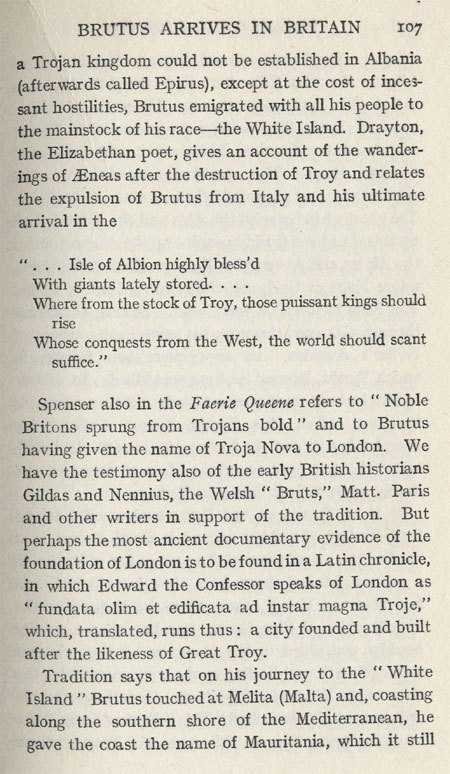
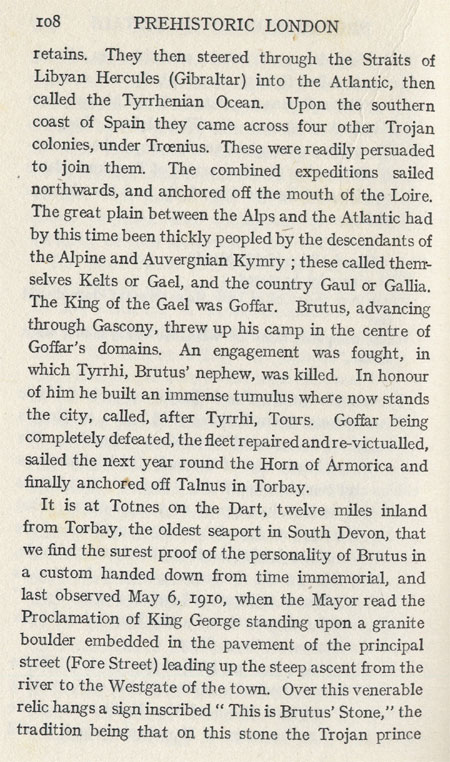
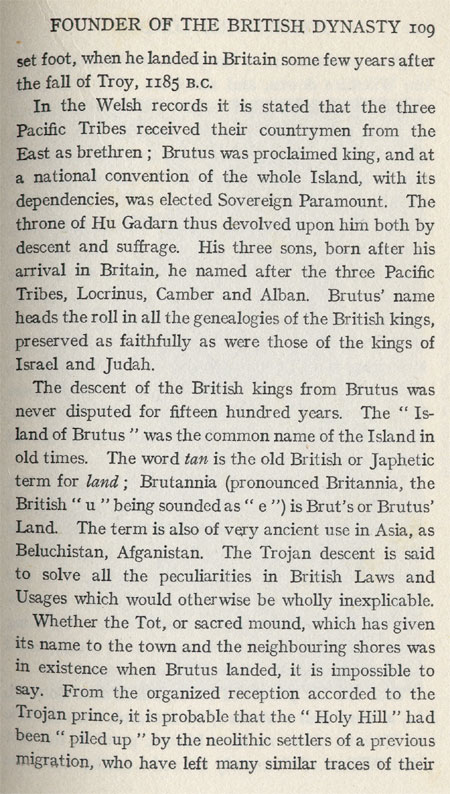
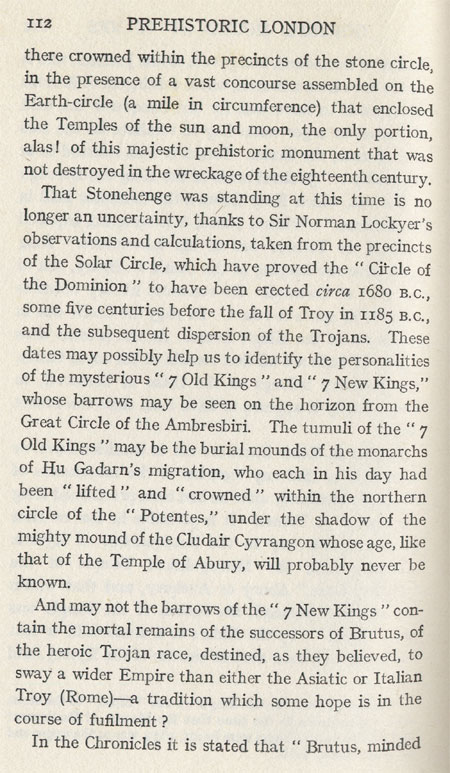
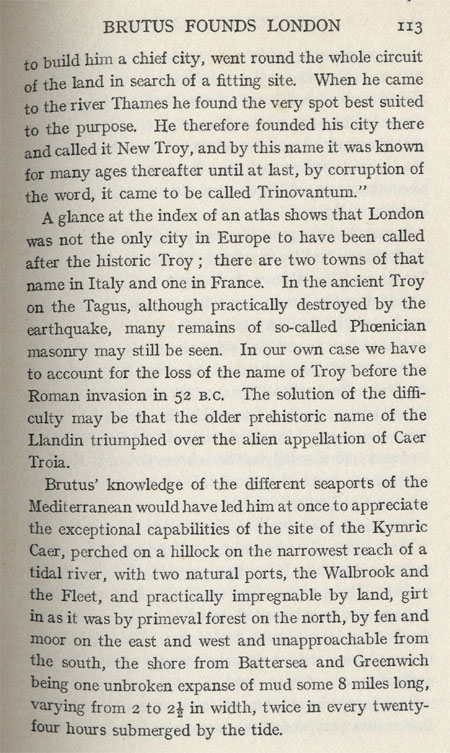

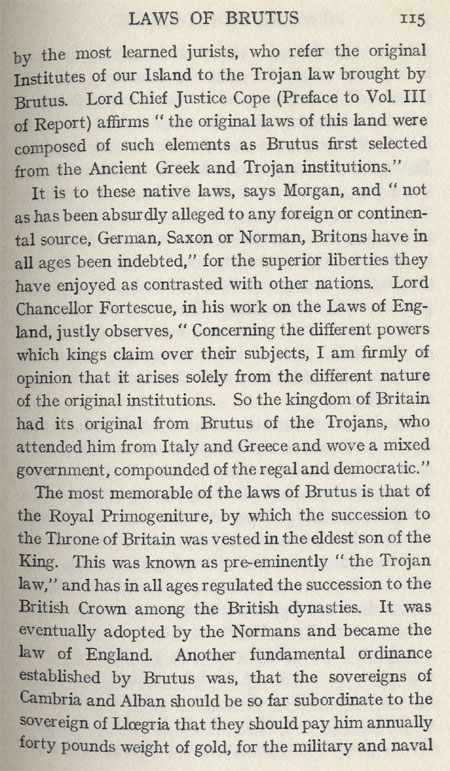
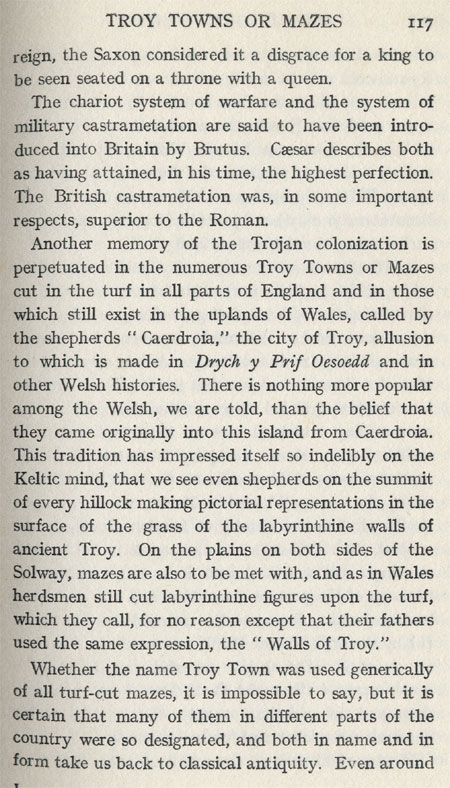
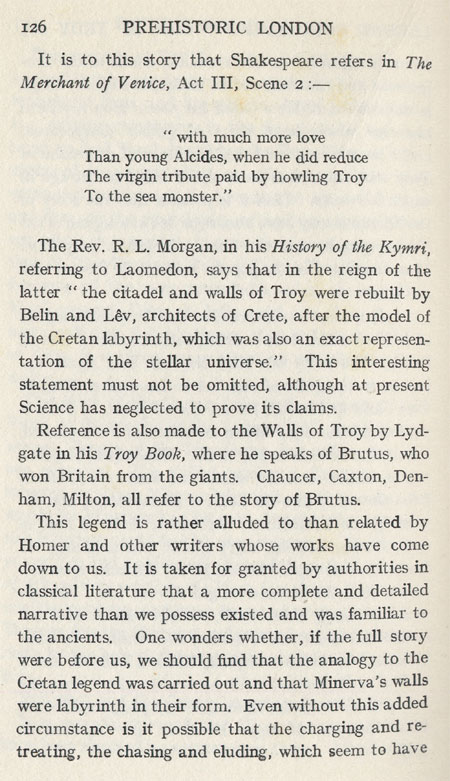
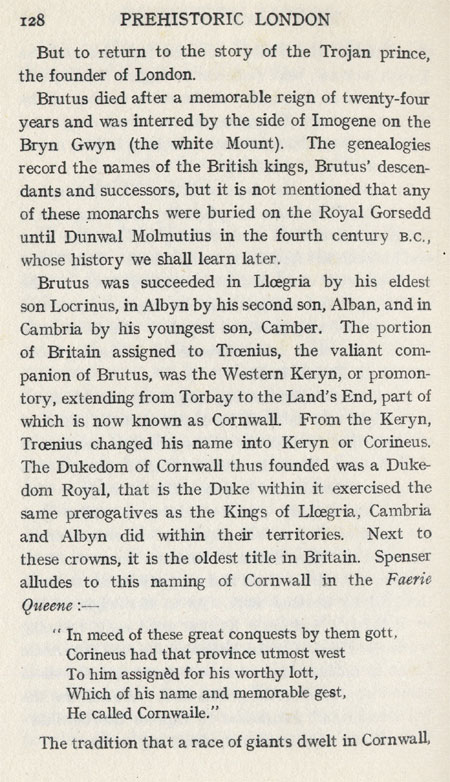
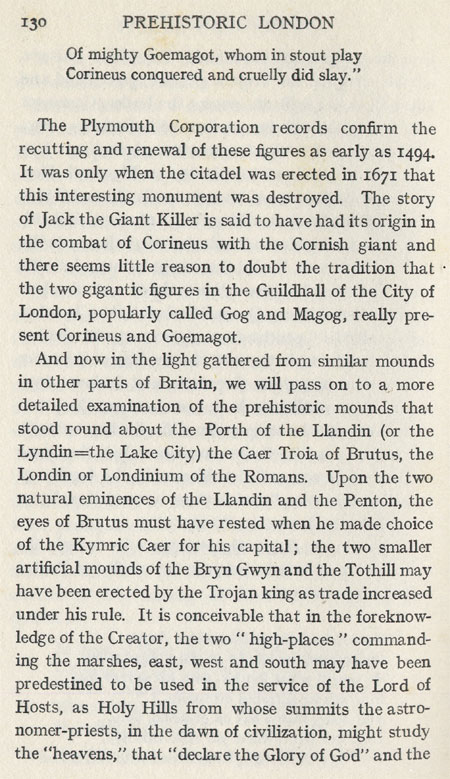
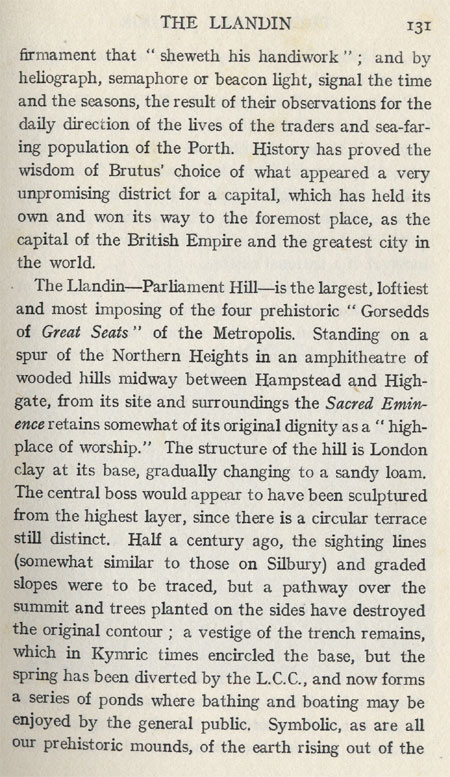
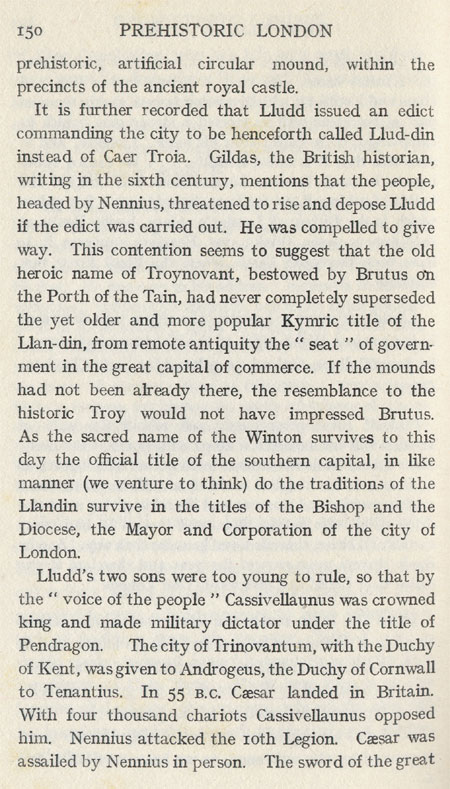






 Во меѓувреме, успеал да му ја продаде истата неверојатна приказна и на Филип Втори.
Во меѓувреме, успеал да му ја продаде истата неверојатна приказна и на Филип Втори.
